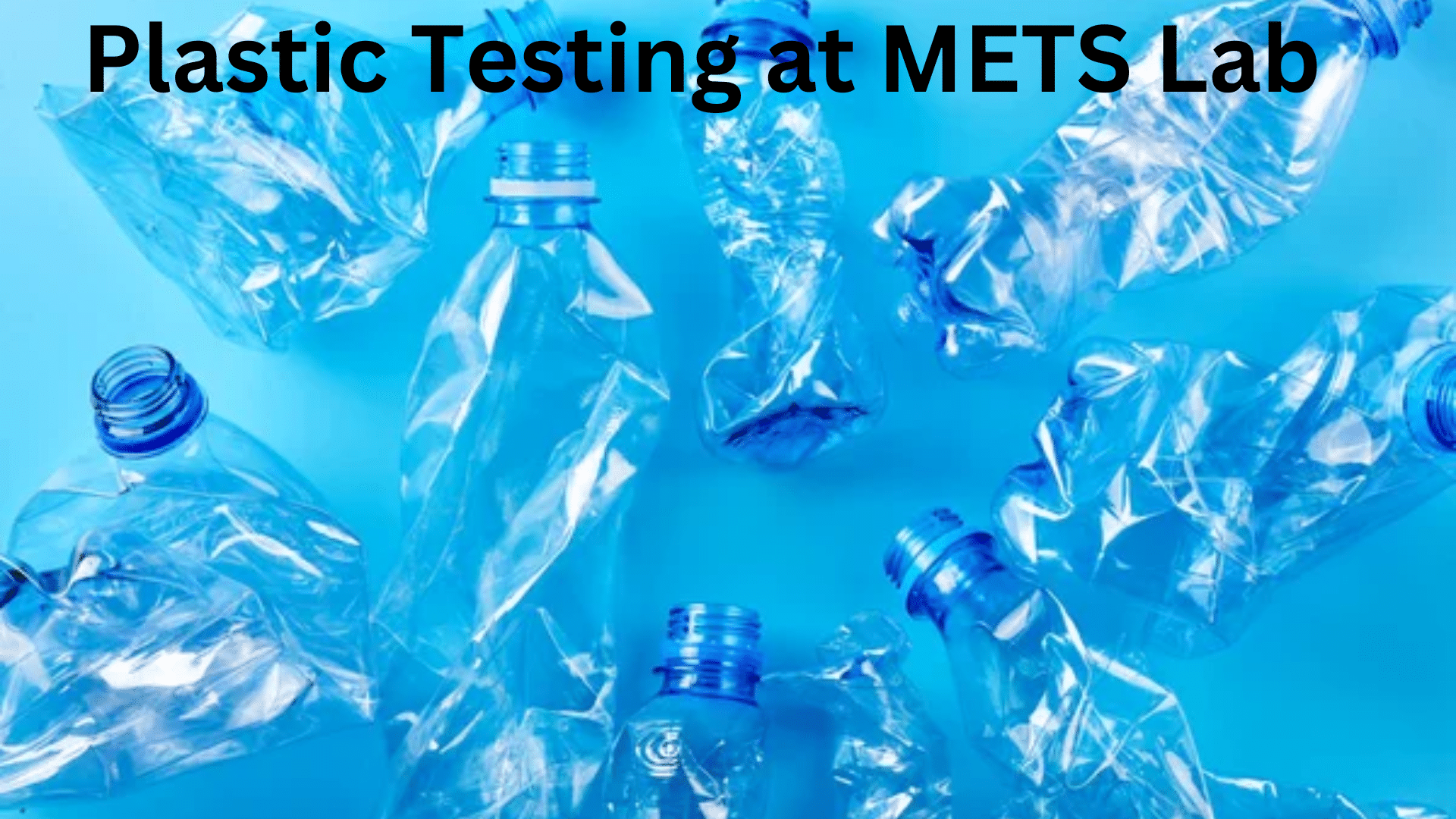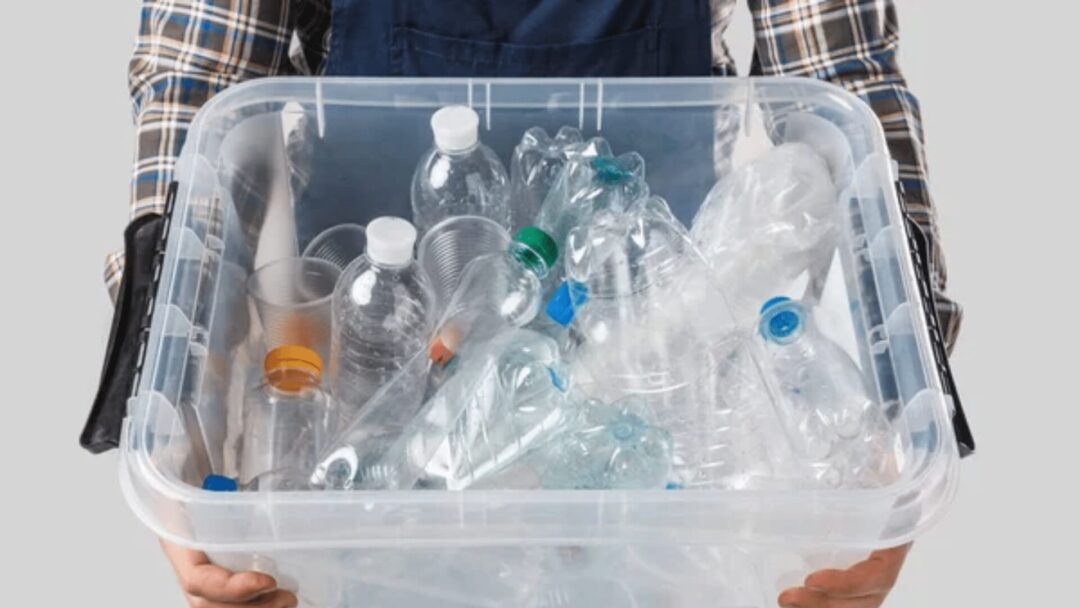
Plastic products have become ubiquitous in our modern lives, from the food packaging we rely upon to the toys children play with. But how can we ensure these items are safe for us and the environment? Plastic Testing provides this answer; in this Blog, we’ll look into how manufacturers conduct testing as well as the most commonly performed types.
Why Is Plastic Testing Necessary?
Plastic testing is essential as plastic products may pose health hazards if they do not adhere to specific standards for production. For instance, toys made with low-grade plastic or containing plasticizers containing phthalates could pose a danger if swallowed, while packaging that contains harmful chemicals poses risks to consumers’ well-being and the environment as a whole.

How Do Manufacturers Conduct Plastic Testing?
Manufacturers perform Plastic Testing In Dubai to ensure their products comply with quality and safety standards. Testing methods vary depending on the intended use, materials used, and any relevant regulations; manufacturers frequently perform these types of plastic tests:
- Tensile Strength Test: This test measures the force needed to break plastic materials with the tension applied. It serves as an important indicator of strength, durability, and suitability for various uses.
- Impact Resistance Test: Manufacturers conduct this test to measure how resistant materials are to sudden impacts and shocks. Manufacturers utilize this as a quality control measure in plastic products, so as to withstand accidental drops or collisions during use.
- Flammability Test: Manufacturers often conduct this test to measure a material’s resistance to flames and heat, in order to identify potential fire hazards associated with their product and ensure compliance with relevant safety standards.
- Migration Analysis: Migration analysis is used to test plastic products to see if any chemicals could leech into food or water supplies and affect food safety regulations. Manufacturers utilize this test as part of quality assurance.
- Toy Testing: Manufacturers rigorously scrutinize toys made with plastic for several factors, including harmful chemicals, choking hazards and sharp edges.
Conclusion
Plastic testing is essential to ensuring that plastic products are safe for consumers and the environment. Manufacturers use various tests, including tensile strength, impact resistance, flammability migration analysis, and Toys Testing, to ascertain product suitability for various applications and identify any potential hazards or ensure products meet relevant safety standards. At Middle East Testing Services (METS) Lab we conduct plastic testing services that give valuable insights into product quality and safety – working alongside manufacturers and regulatory bodies we help to make plastics a safe choice for everyone.





No comment yet, add your voice below!